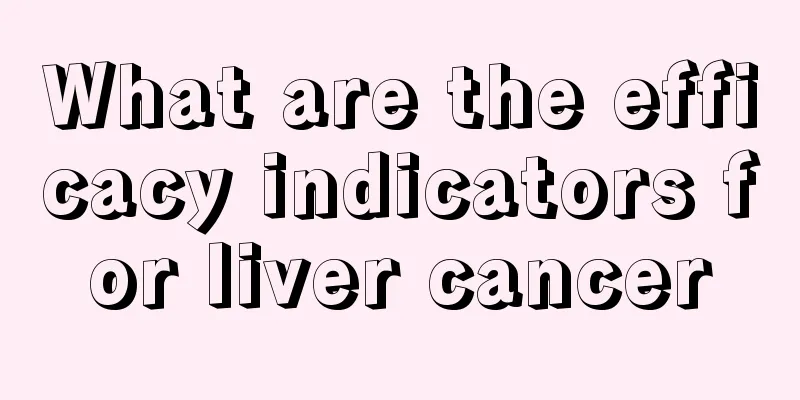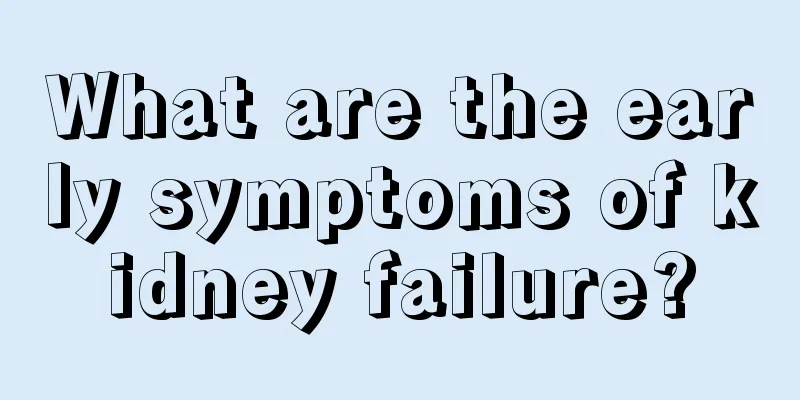What are the efficacy indicators for liver cancer

|
Generally, all liver cancer patients are concerned about whether they can be cured, or what kind of effect they can achieve after surgery or drug treatment. There are two indicators for judging the efficacy of liver cancer treatment, namely liver cancer survival index and tumor response index. Liver cancer survival indicators Survival indicators included overall survival and disease-free survival. The overall survival rate refers to the length of time a patient survives or the percentage of patients who survive within a specific period of time. Regardless of whether the patient has a tumor or not, as long as he or she is alive, the survival period or survival rate is calculated. The disease-free survival rate refers to the survival rate of liver cancer patients in a tumor-free state after surgical resection or in a specific period of time. Tumor response markers Tumor response indicators are mainly used to evaluate the efficacy of non-surgical resection methods. For example, after hepatic artery embolization chemotherapy, whether the tumor shrinks or disappears completely is called complete remission. If the maximum diameter of the tumor shrinks by more than 30%, it is called partial remission. If the maximum diameter of the tumor shrinks by no more than 30% and increases by no more than 20%, it is called stable. If it increases by more than 20% or new lesions appear, it is called disease progression. As for the treatment effect of liver cancer, it is currently believed that the most important efficacy indicator is the patient's overall survival, and whether the tumor shrinks is a secondary indicator. This is because even if the patient's tumor does not shrink, if it is in a stable state, the patient may still survive for a long time, and such treatment is still effective; on the contrary, even if the tumor is shrunk after some intense anti-tumor treatment, but soon the tumor metastasizes to multiple parts of the body or the toxic reaction of the treatment causes the failure of important organs, then such treatment is ineffective and undesirable. |
<<: What does conventional treatment for gastric cancer include
>>: When is it appropriate to do palliative resection of liver cancer
Recommend
What is the difference between a turtledove and a pigeon?
There are so many strange and bizarre creatures i...
How to relieve wind clusters?
Wheal, also known as urticaria, is a very serious...
Small red bumps on face
Nowadays, many female friends have various small ...
How to prevent ear pain after using ear drops?
The health of the ears is very important. It is t...
The efficacy and function of Kyanite
Kyanite is a relatively rare mineral in our daily...
Introduction to several skin cancer treatments with better efficacy
With the advancement of modern medical technology...
What are the symptoms of sagging eyelids in middle-aged women
Ptosis is the drooping of the upper eyelid, which...
Differential diagnosis of colorectal cancer
Intestinal cancer is more common in middle-aged a...
Side effects of drinking collagen powder
Collagen powder is also a relatively common prote...
At what age do children start learning to walk?
Parents all hope that their children will grow up...
Is cardia relaxation a serious disease?
Relaxation of the gastric cardia is a type of sto...
What to eat at night for the college entrance examination
Many people say that the college entrance examina...
There is a piece of flesh growing behind the teeth
Generally, when a piece of flesh grows behind a t...
Can pumpkin seeds be eaten with the skin?
Pumpkin seeds are a common snack food, and many p...
Why do I feel nauseous and vomit even though I'm not pregnant?
When we eat whole grains, our bodies will always ...









